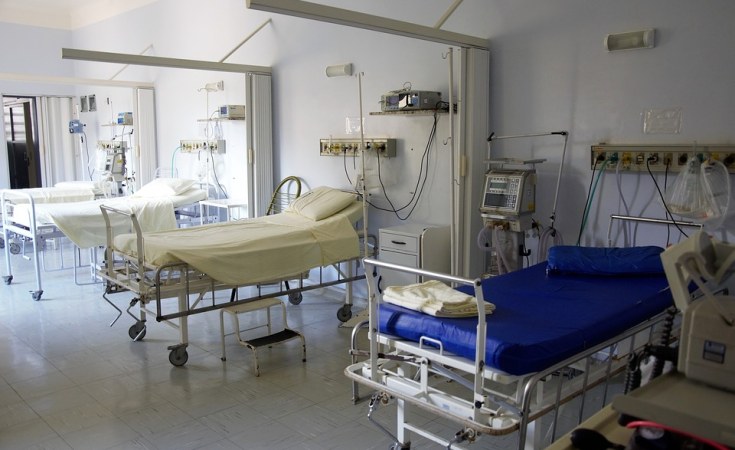The Uganda Cancer Institute has announced that it has added a new technology of blood and cellular therapy to provide more treatment options for patients, including those without cancer, but referred for advanced management.
The therapy named apheresis is a procedure in which blood is collected and part of the blood such as platelets or white blood cells is taken out while the rest of the blood is returned to the donor.
Addressing journalists on Wednesday, Ritah Bafumba, the head of the nurse and hematology ward at the Uganda Institute said there are two apheresis machines installed at the cancer institute.
"One is used for donation and the other is for treating. The one used for treating is the one we use to collect the particular component of blood that we need. A donor will walk in the way we usually go to donate blood and we will ascertain whether they meet the criteria and we will take off blood sample from them, take them to the procedure room. We will then connect the tubings to the donor and when blood starts flowing from the donor to the machine, the machine will separate different blood components,"Bafumba said.
She explained that the machine separate the blood components according to how heavy they are with the heaviest ones remaining downs whereas plasma and platelets will remain on top.
"What we are doing differently is that when a patient comes in and they have sickle cell and are starting to get complications like stroke, or their routine visits to the hospital have become more as they come in now and then for transfusion, they will qualify for this treatment.
"We will do a red blood cell exchange where the machine will take out the sickled red blood cells and in return we will be infusing the normal red blood cells. A leukemia patient will walk in with high number of high blood cells which puts them at risk of many complications but will put them on a machine and do a depletion which takes out excess white blood cells."
According to Dr. Henry Ddungu, a consultant hematology at the Uganda Cancer Institute, with this new treatment option for patients, those willing and qualify will be able to donate either white or red blood cells to those who need them.
"If for example there is a person who is bleeding and needs platelets, we shall call you to donate them. You sit on a machine and it removes the amount we need and donate it to a patient," Dr.Ddungu said.
Bone marrow transplant
He said this is in addition to the marrow transplant treatment that the cancer institute is set to begin doing.
Bone marrow transplant (BMT), also known as, hematopoietic stem cell transplant (HSCT) is an advanced treatment intervention that is required for several cancerous and non-cancerous medical conditions in hematology.
A bone marrow transplant can be used to replace diseased, nonfunctioning bone marrow with healthy functioning bone marrow (for conditions such as leukemia, aplastic anemia, and sickle cell anemia) but also regenerate a new immune system that will fight existing or residual leukemia or other cancers not killed by the chemotherapy or radiation used in the transplant.
Bone marrow transplant also helps replace the bone marrow and restore its normal function after high doses of chemotherapy and/or radiation are given to treat a malignancy.
Officials from the Uganda Cancer Institute said this type of treatment will reduce on the amount of money that Uganda sends out to carry out the same treatment abroad.
"We are hopeful that the service will reduce on the number of people seeking for treatment related to bone marrow transplant abroad."
The treatment according to officials will be free of charge.


